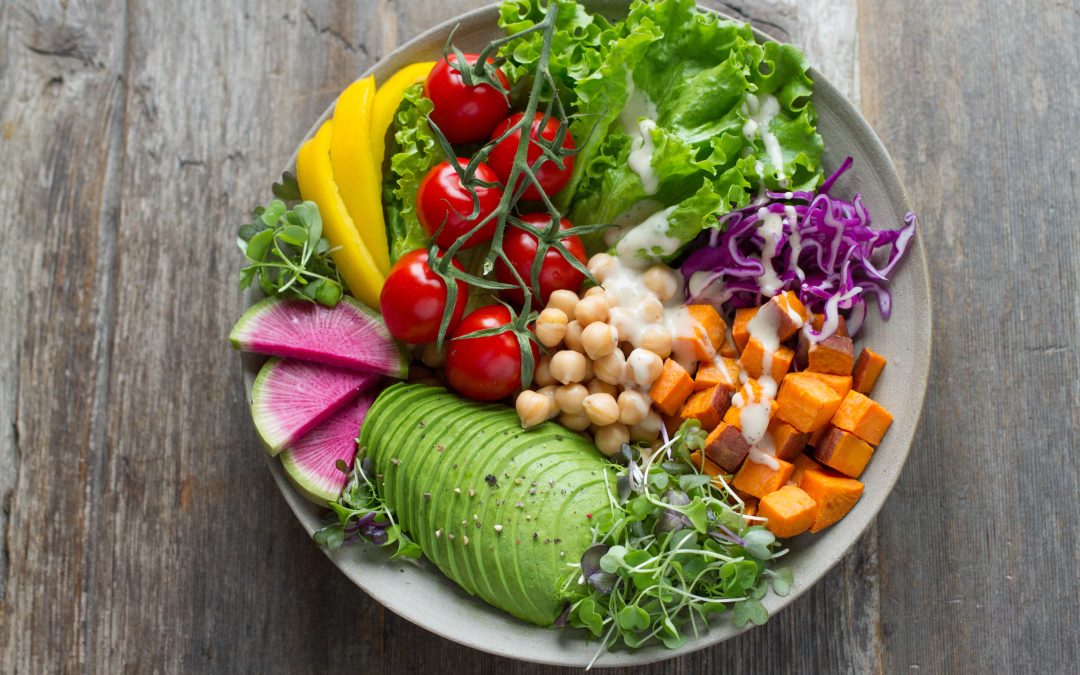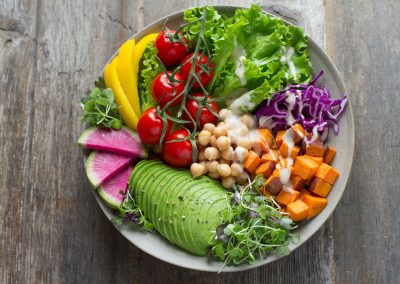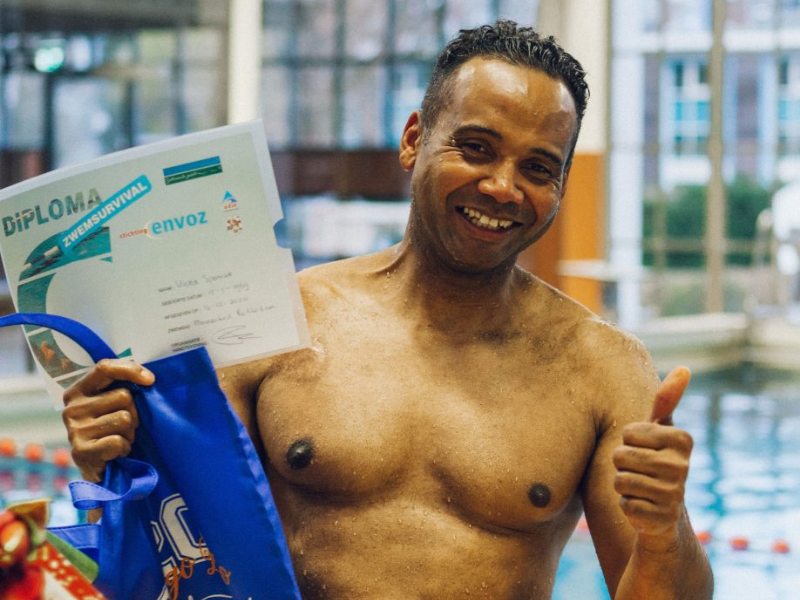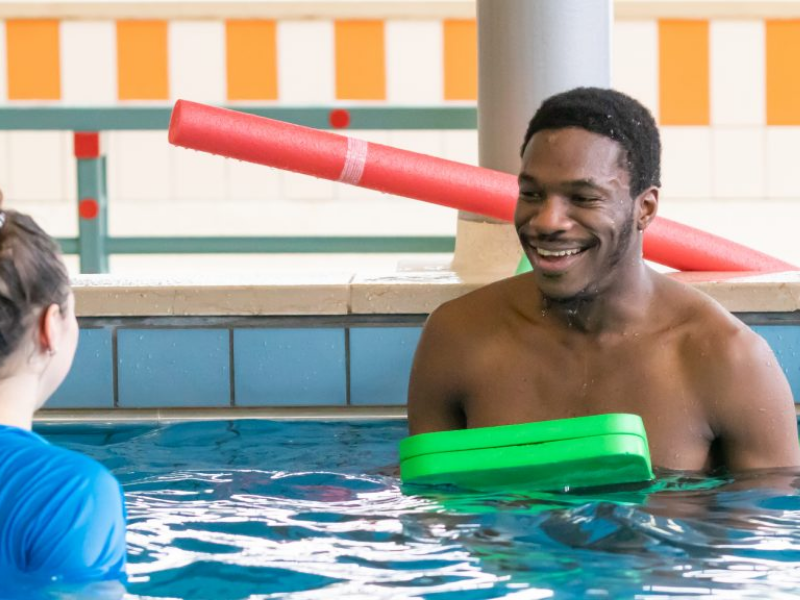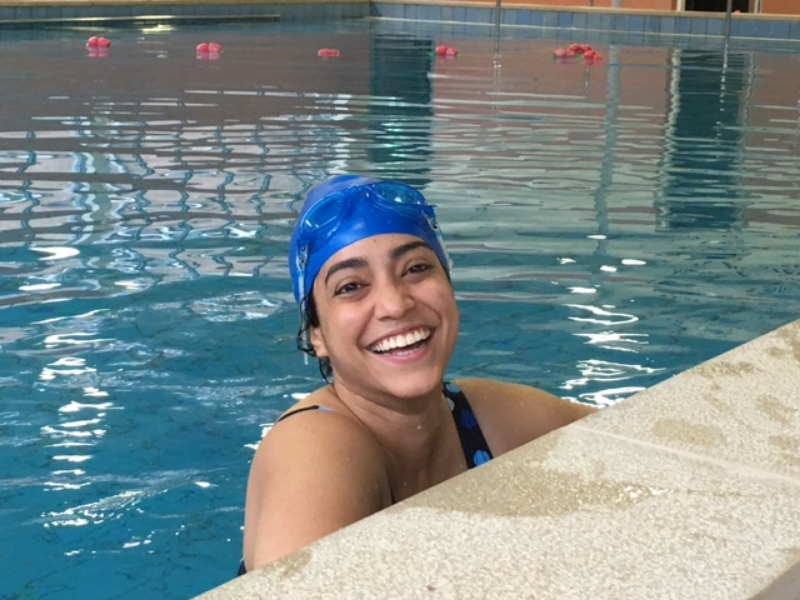How do swimmers eat:
An introduction
Sports nutrition is a very complex subject due simply to the fact that the uniqueness of everyone’s body type and past eating behavior means that the road to better nutrition is largely individual. Keeping this in mind this article will nonetheless introduce some common food rules in the swimming world (including tips to get you started) and how to keep up good habits over the long term; this as the first of a longer series on the subject.
Though each has their own relationship with food, it’s importance to understand that, in any athletic context, food is fuel. Without food you will struggle to stay strong and energetic enough to take on the physical demands of any swim exercise. While watching the types of things you eat can be helpful for meeting these physical demands, too much fixation on details could stay your motivation for staying consistent. Swimming nutrition is thus split here into two groups: exercise-specific and non-specific nutrition. Both play their role in keeping you healthy and motivated throughout your swimming journey, yet each present different factors you must consider throughout your daily life in planning meals and food intake. This first article will present the first and most important: general nutritional habits (non-specific)
Non-Specific Nutrition:
As in any other sport, swimming demands a lot of focus and energy at all times. To stay healthy in your everyday life you should aim to drink about three bottles of water, eat two to three solid meals, and take any supplements you’ve been prescribed by your doctor consistently everyday. During the winter months in Amsterdam it might be helpful to find a way to also implement vitamin D and other vitamins into this diet, especially if you are used to different climate conditions. The general rule we use in any sport is simplicity: if you are not giving your body clean whole food throughout the day you cannot expect your body’s energy-levels and/or overall comfort to be conducive to learning a highly-demanding new sport. If you cannot pronounce the ingredients on the back label of a product then it most likely does not qualify. Try to include all the food groups: crucially nuts, carbs, white protein (chicken/fish), fruits, and vegetables in each “solid meal” at least twice a day (in the morning and before you go to bed).
Moderation, however, is also key. Trying new foods, special treats, and snacking, are never never bad habits, but try to gear them around these substantial meals; the first thing you eat in the morning or after another long break in consumption will be what your body processes predominantly, so make sure it includes these important meals.
Water is crucial in helping your body to process these nutrients faster, so make sure to actively drink throughout the day. Snacking is also handy for keeping up your energy, and I will link a pdf with easy to make snacks to help you if you want some ideas.
Other articles you might like
Diploma system
Your Personal Swim Coach lessons are structured around the Dutch ABC Diploma curriculum. Find out how it works and what all of them entail!
Floating in swimming
The science of swimming. Do people float better in salt water in the sea, or fresh water in the swimming pool? And other questions around floating are answered in this article.
Our adult swim classes
Your Personal Swim Coach will help you become a more confident you, a stronger, fitter and healthier you, a happier, care-free you and ensure your success in learning to enjoy and feel safe in and around water!
Water Intro
Are you unable to swim, scared or challenged? Have you taken lessons before and failed? Or it has been a long time ago?
Stroke Introduction
You are comfortable in shallow water but are not able yet to perform all 4 basic strokes. This level requires you to have passed the introduction program, or you are able to perform a swim a backcrawl, and a single backstroke (froggy leg).
Sport class
Take Your Swimming to the Next Level with Our Sport Class!
For those who have earned their official swim diplomas or advanced swimmers looking for new challenges—our Sport Class is designed for you!

